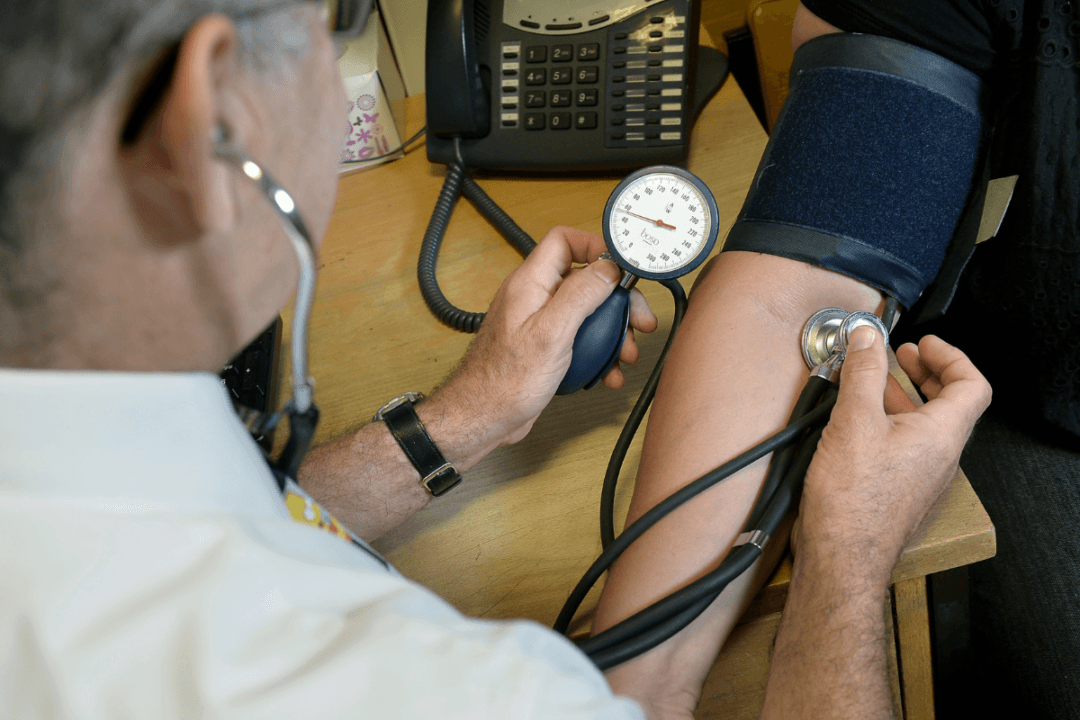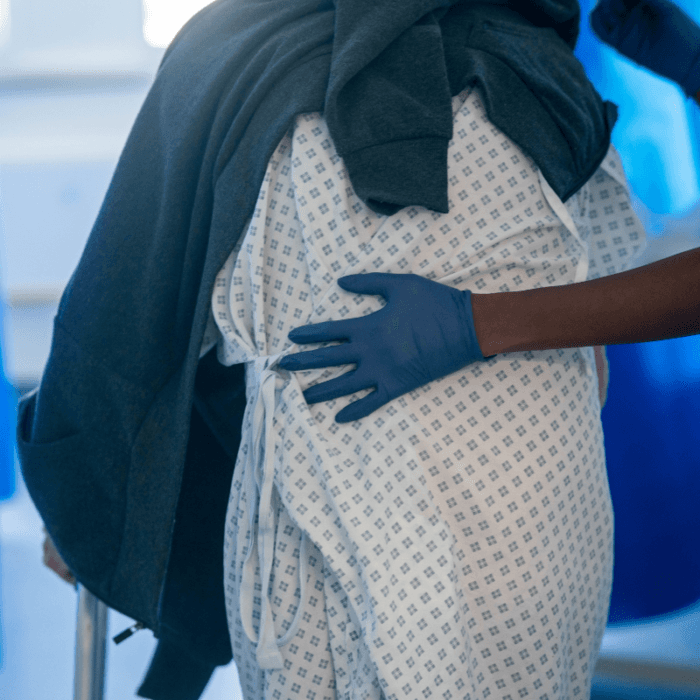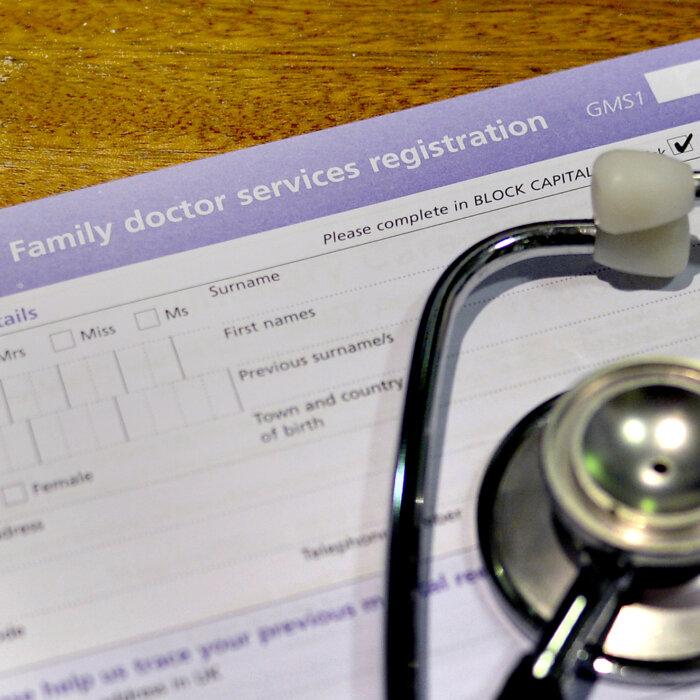There is little to no evidence that deploying physician associates (PAs) or anaesthesia associates (AAs) across the NHS is either safe or has improved care, a University of Oxford study has found.
Researchers examined 29 papers on PAs and found that just one looked into the clinical competency of PAs, but that involved only four associates. No studies looked into the safety of PAs.
“No evidence was found that physician associates add value in primary care or that anaesthetic associates add value in anaesthetics; some evidence suggested that they do not,” report authors said.
PAs Struggling
PAs and AAs are graduates who have degrees in health or life sciences and who have two years of postgraduate training, but do not have medical degrees.The government’s current plan is to increase the number of PAs in England to 10,000 by 2036/37 and to recruit 2,000 more AAs.
The BMJ paper said that some studies did suggest that PAs could work in low-risk settings under supervision, but others found that PAs “seemed to struggle” in others where they had to work more autonomously.
Misinterpreting Absence of Evidence
Authors stressed that the lack of evidence on safety of these roles should not be confused for there being proof that there are no issues or concerns.“The absence of evidence of safety incidents should not be misinterpreted as evidence that deployment of physician associates and anaesthetic associates is safe,” they wrote.
May Be More Expensive
These medical associates have been deployed across hospitals and GP surgeries to support doctors in treating patients in a bid to ease staffing shortages and improve patient care.However, researchers said that there was no evidence that using PAs or AAs improves efficiency or safes money.
Further, they added that because senior doctors are needed to supervise these medical associates and check their work, “this model may be more expensive than employing doctors.”

Report co-author McKee said that the “mismatch between policymakers’ enthusiasm for expanding these roles and the lack of rigorous research evidence should be a red flag.”
Leng Review
The research was undertaken to inform the Leng Review, being headed by the president of the Royal Society of Medicine Professor Gillian Leng, which is examining the effectiveness and safety of medical associate roles.Responding to the findings, a Department for Health and Social Care spokesperson told reporters that the Leng Review will “establish the facts and make sure that we get the right people in the right places providing the right care.”
“Regulation of PAs and AAs by the General Medical Council began in December to ensure patient safety and professional accountability,” the spokesperson added.
Misdiagnoses by PAs
The use of PAs has come to public attention following a number of deaths linked to misdiagnoses by medical associates in recent years.Marking’s son had likewise believed his mother had been treated by a qualified doctor.







